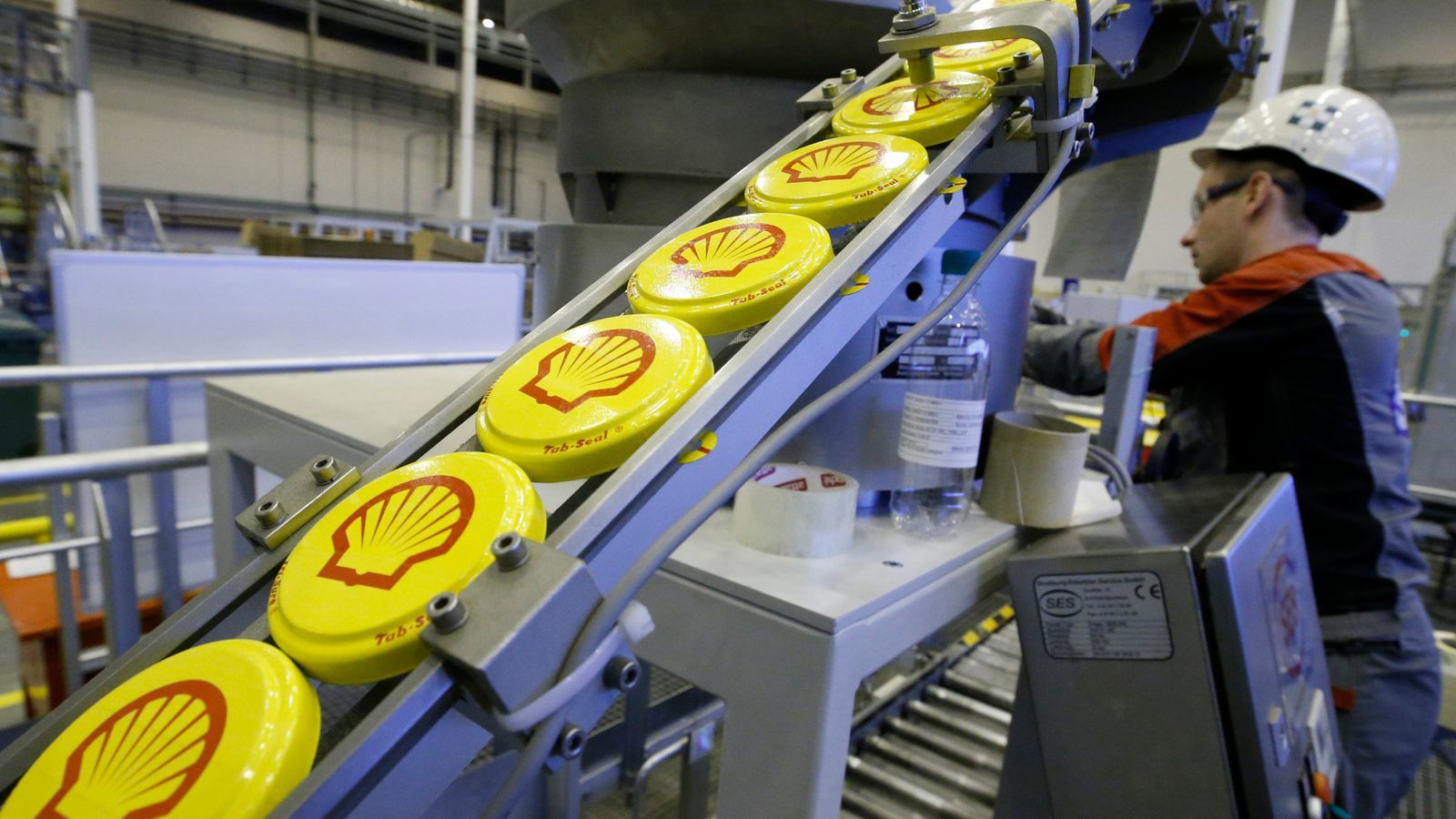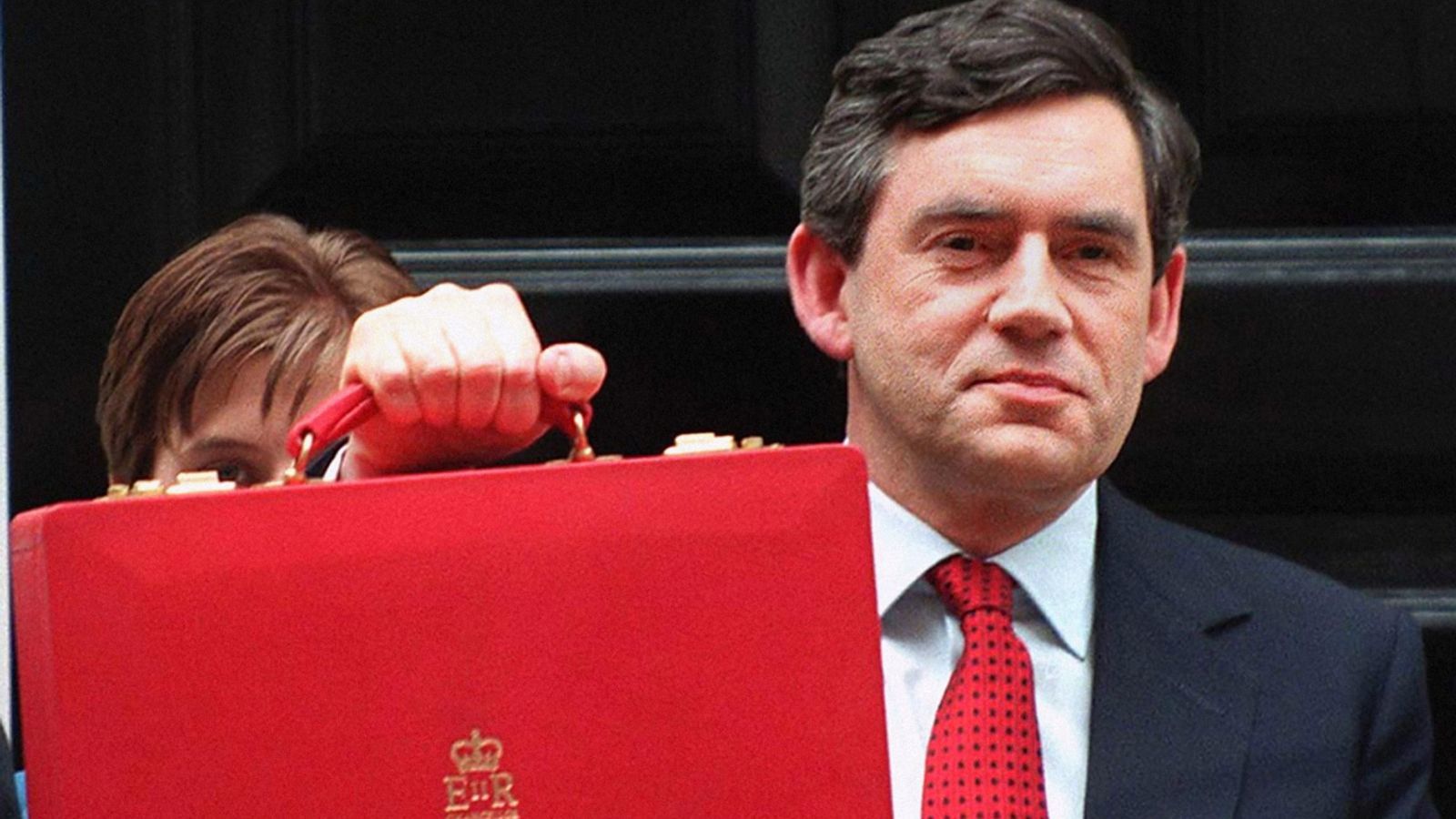
What's a windfall tax, does the UK already have any, and why do people think oil companies should pay more?
The company that owns energy giant British Gas has reported record profits for the latest financial year, causing renewed calls for additional windfall taxes to be imposed on oil and gas firms.
Centrica reported operating profits of £3.3bn in 2022 - up from £948m in 2021. The figure also surpasses the previous record of £2.7bn in 2012.
The announcement has caused anger in the wake of a Times investigation that revealed British Gas workers forced their way into people's homes to install prepayment meters - despite clear signs they were disabled or vulnerable.
Centrica said it paid nearly £1bn in tax relating to 2022 profits. However, it also revealed it handed out bumper returns to shareholders, with plans to boost its share buyback programme by another £300m and pay out a full-year dividend of 3p a share.
BP and Shell have also both previously reported a big increase in profits as prices continue to surge around the world, exacerbated by the war in Ukraine and the COVID-19 pandemic.
It's not the first time an energy company has reported such high profit. Last year, BP made a profit of £10bn and admitted it has "more cash than we know what to do with it". The excess money was used to reward shareholders.
Meanwhile, Shell has reported record operating profits of £7.2bn in 2022.
There has been criticism of the firms for profiteering when UK households grapple with sky-high energy bills, but companies would argue until recently they were losing money following a collapse of oil prices in 2020. At one point during the pandemic, prices fell to negative figures for the first time in history.
In the space of just over a year, 31 smaller energy companies collapsed, underlying the volatility of the industry, because following the spike in wholesale prices they could not increase costs higher than the price cap (which was designed to protect consumers).
What is a windfall tax?
A windfall tax is a one-off tax imposed by a government that targets firms that have benefited from something they were not responsible for - also known as a windfall.
In the case of energy companies, they are reaping the benefits of sky-high prices in part because demand has increased as the world emerges from the pandemic and due to supply constraints following sanctions imposed on Russia after its invasion of Ukraine.
A windfall tax would affect all energy-producing firms - from BP and Shell to smaller ones, such as Harbour Energy which extracts oil from the North Sea.
With households facing a cost of living crisis borne from a perfect storm of soaring energy costs, and inflation remaining in the double digits, it is argued a windfall tax could be used to alleviate some pressures felt by the public.
Spain and Italy imposed such a tax last year.

What windfall taxes are in place already?
Labour has long campaigned for a windfall tax on energy profits, with the policy featured in its 2019 manifesto under Jeremy Corbyn. The party argued at the time it would raise £11bn and help transition towards a green economy.
But the new leadership ramped up calls in light of soaring energy prices and kept the pressure on Boris Johnson's government.
By the end of May 2021, the then-Chancellor Rishi Sunak announced a 25% "temporary Energy Profits Levy" on oil and gas producers to help support households and businesses with their energy bills.
The Electricity Generator Levy, applies a 45% tax rate to revenues generated over £75/MWh from 1 January 2023.
The government estimated its windfall taxes would raise £14bn in 2023.
The scope of that tax took the overall tax rate levelled on North Sea oil and gas producers to 65%.
Come November, the new Chancellor Jeremy Hunt then raised the windfall tax to 35% as part of his autumn statement, following the market turmoil left by Liz Truss's short tenure and her so-called mini-Budget.
But whether companies are paying this tax is complicated - often companies get credits for investments within the UK, which brings their payments down (companies get tax breaks worth 91p for every £1 invested). The announcement of the most recent energy levy meant Shell is now paying taxes in the UK for the first time since 2017.
What has Labour said?
After a raft of record profits was announced in February, shadow climate secretary Ed Miliband hit out at the government and again promised Labour would introduce a "proper" windfall tax on energy companies.
"It cannot be right that, as oil and gas giants rake in the windfalls of war, Rishi Sunak's Conservatives refuse to implement a proper windfall tax that would make them pay their fair share," Mr Miliband tweeted.
"Labour would use a real windfall tax to stop the energy price cap going up in April."
Labour's shadow chancellor Rachel Reeves also said in January her party would extend the windfall tax again to help households and businesses facing further energy price hikes in April.
What are the arguments against a windfall tax?
Oil and gas companies already pay an elevated rate of corporation tax, at 30% on their upstream profits - compared to 19% for most other companies.
They also pay a "supplementary charge" of 10%, so the sector was already being taxed at more than twice the rate of a typical business.
There are also concerns it could deter investment in the North Sea and would leave the UK even more reliant on oil and gas from overseas. With the UK trying to wean itself off Russian imports, this could see prices rocket even further.
 A tax could deter investment in the North Sea
A tax could deter investment in the North Sea
Has the UK introduced a windfall tax before?
One of the most famous examples of a windfall tax in the UK was one announced by then-Chancellor Gordon Brown in 1997 when the privatised utilities were hit for around £5bn to pay for New Labour's "welfare to work programme".
Mr Brown introduced a windfall tax on more than 30 companies that had been privatised by previous Conservative governments.
Among them were Scottish Power, BT and BAA.
 Mr Brown introduced windfall taxes in his 1997 budget
Mr Brown introduced windfall taxes in his 1997 budget
Labour said these companies had been undervalued when they were privatised and the tax raised £5.2bn over two years.
In 1981, the Conservative government imposed a similar levy on banks, arguing they had benefited from high interest rates.










